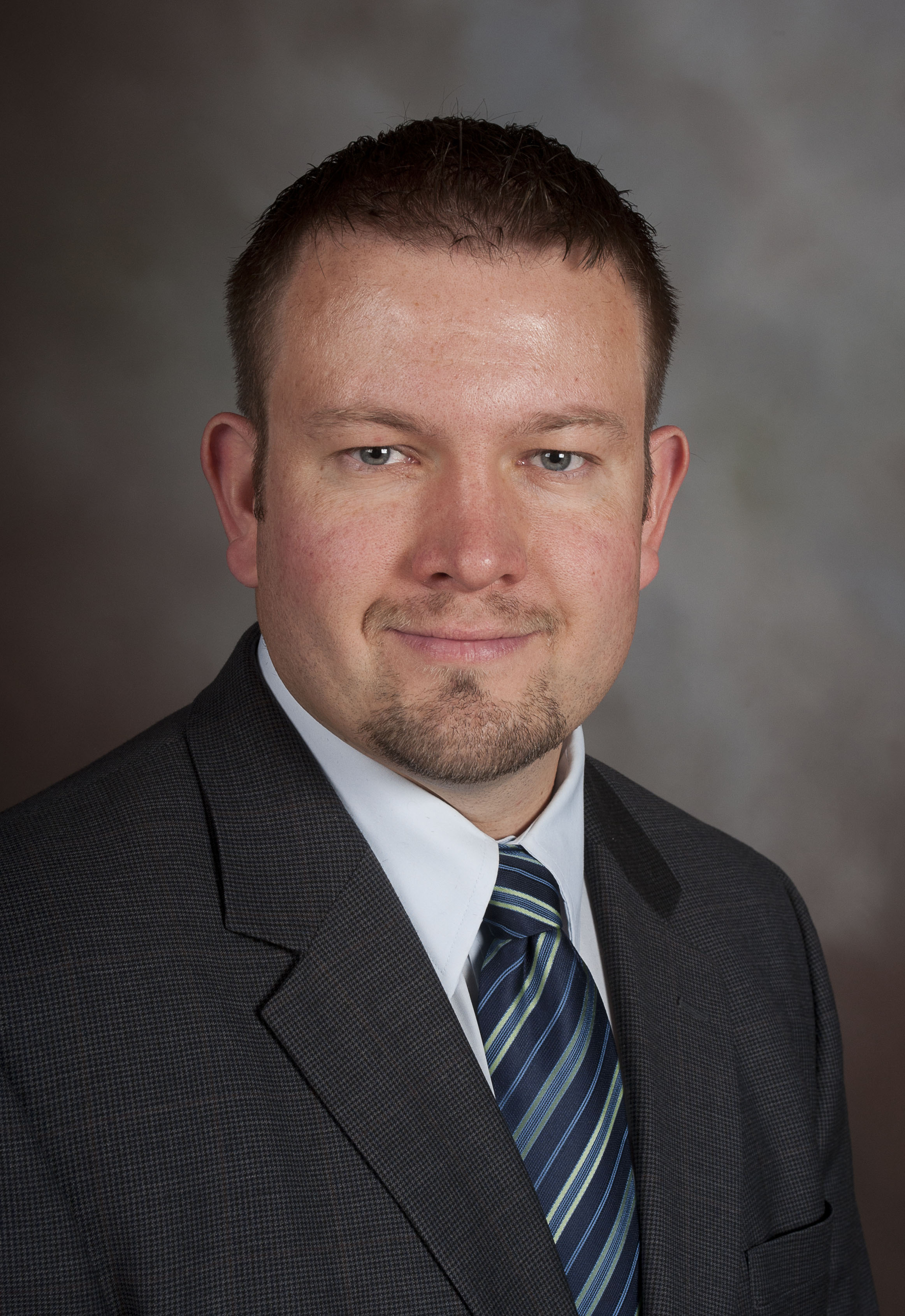Food science and technology hires scientist specializing in designer functional foods

Andrew Neilson was recently named an assistant professor in the Department of Food Science and Technology in the College of Agriculture and Life Sciences at Virginia Tech.
In his new position, Neilson will build a research program devoted to the study of the beneficial compounds existing in functional foods, or foods that have been enhanced to offer additional health benefits to the consumer. Specifically, his laboratory will conduct research related to polyphenols -- compounds found in chocolates, grapes, apples, berries, and peanut skins that are thought to have health benefits. The ways that the effects of these compounds might be exploited to ultimately prevent the onset of chronic diseases such as cancer, inflammation, and diabetes, is of special interest to Neilson and many others in the food science world.
"The science that Andrew brings to our team is something that is needed," said Joe Marcy, professor and department head of the Department of Food Science and Technology at Virginia Tech. "We need to understand how we can manipulate food compounds to create functional foods. Clearly, that's where the industry is going."
According to Marcy and Neilson, many consumers are no longer satisfied with foods that only meet basic nutritional needs such as vitamin and mineral requirements. They also desire foods with added health benefits, such as immune system boosters, intestinal tract balance, and cancer prevention.
As a result, major companies like Kraft and PepsiCo are looking to nutritionists and food scientists to assist with creating food products that are both healthful and functional beyond basic nutrition. Arguably, these designer functional foods may offer a safer alternative than many wildly popular dietary herbal supplements, since functional foods require a higher level of safety, quality, and scientific evidence to meet federal regulations.
Neilson says his strategy as a food scientist is to examine the beneficial effects of compounds in foods such as grapes and chocolate in further detail, and then design a way to deliver these compounds via food in a way that increases the body's exposure to the beneficial compounds and, most importantly, increases their beneficial effects.
Take the chocolate bar, for example, he says. Using biochemical techniques, Neilson is able to change the milk, sugar, fat, and cocoa content of the bar to allow for polyphenol compounds in the cocoa -- known for their benefits to the heart and blood vessels -- to be better absorbed by the body and delivered to various parts of the body more effectively.
Neilson said he looks forward to collaborating with food scientists in the department engaged in related fields, such as the study of the impact of foods on the beneficial bacteria in the colon, lipid and flavor chemistry, and food processing and packaging. Katie Goodrich of Binghamton, N.Y., a graduate student majoring in food, science and technology in the College of Agriculture and Life Sciences, will join him in the lab in August.
An affiliated faculty member with Fralin Life Science Institute, Neilson received a Ph.D. in food science from Purdue University in 2009 and completed a postdoctoral fellowship in the University of Michigan's Department of Family Medicine/Comprehensive Cancer Center in 2011.




